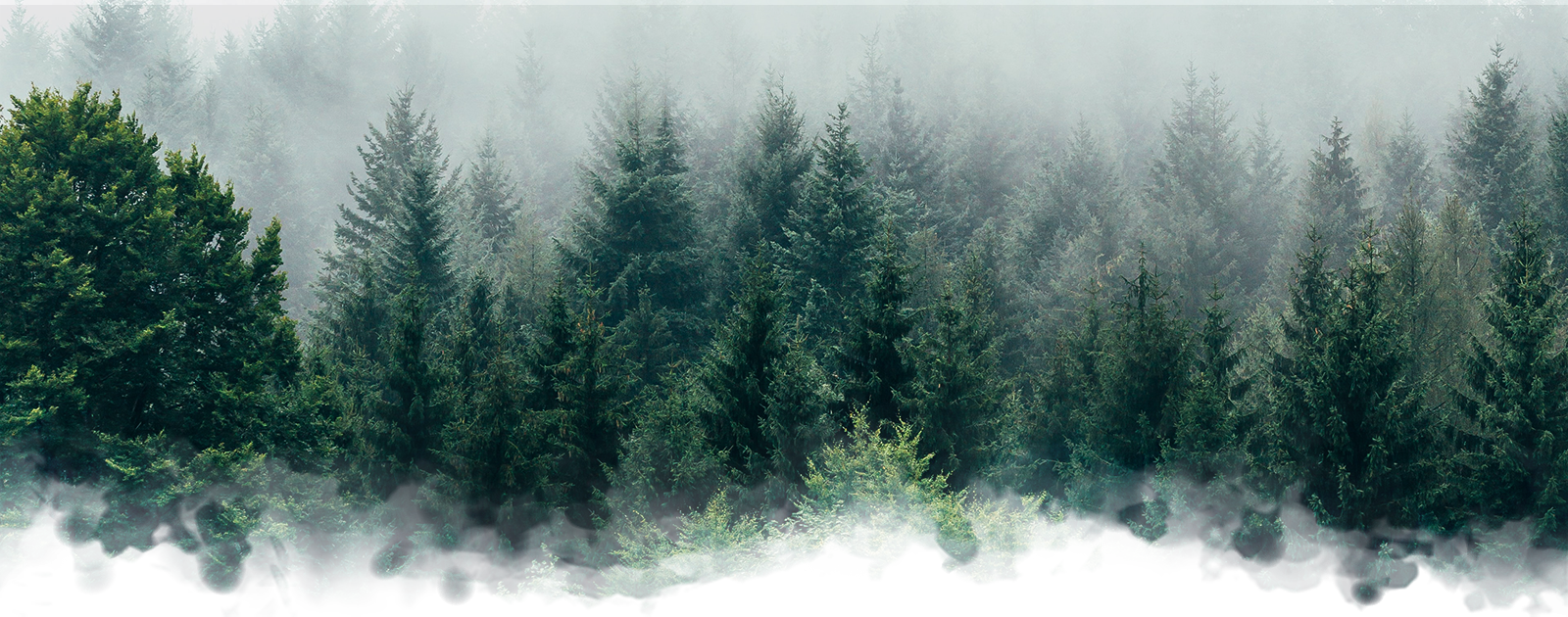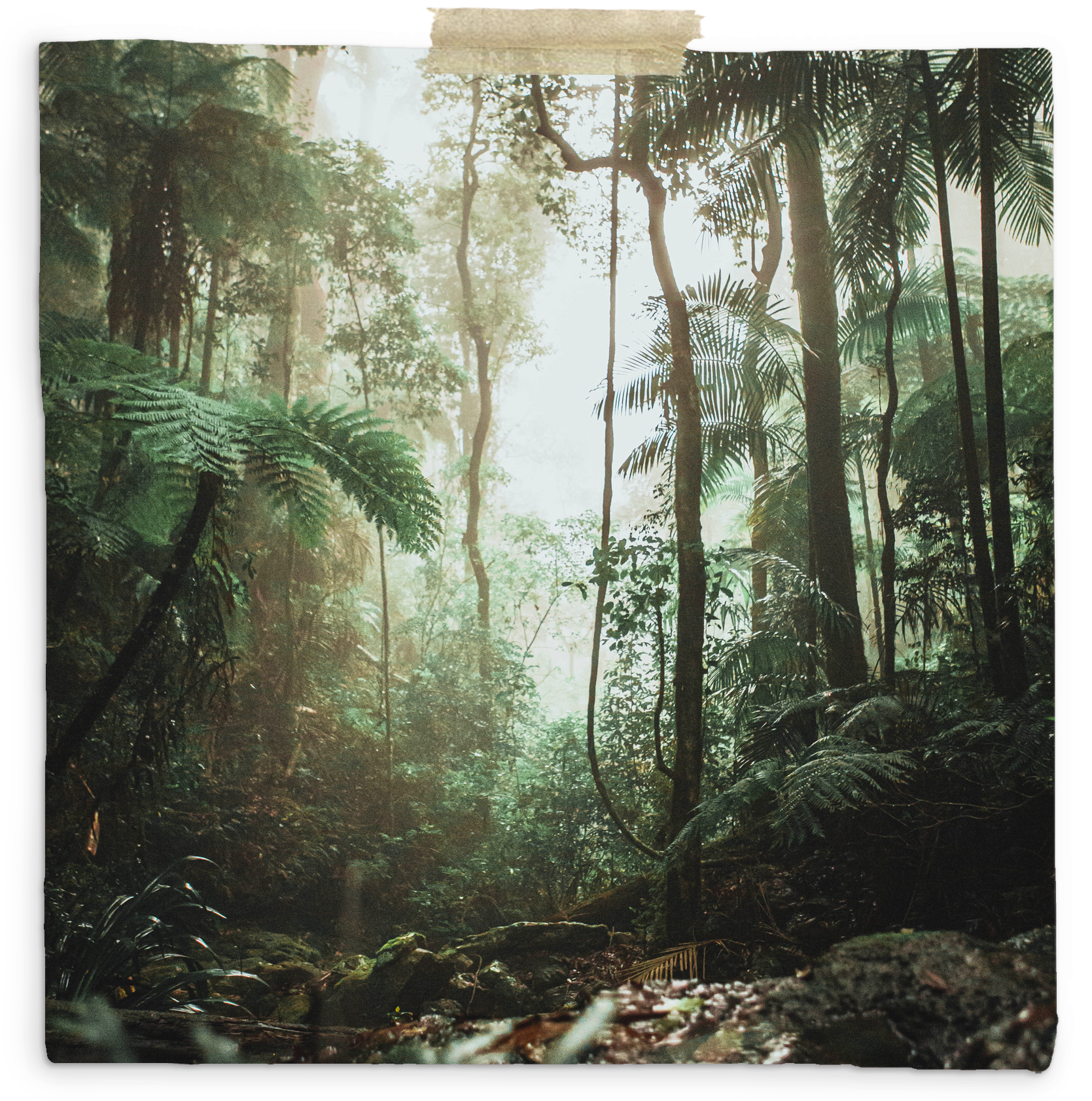Donesh Dry Forest
Located in the Ajda-Donesh Basin on the southern peninsula of Tolara, in the region known as Talaina'Vao, the "Donesh" portion of the basin's name refers to the dry tropical forest that spans its eastern half... This is technically a misnomer, however, as the Donesh Dry Forest is actually the natural transition of the Ajda Wet Forest as it moves inland, and away from the region's primary source of water during the rainy season. Still, the difference is stark enough between the two region that most consider it a different forest altogether. Stretching from the central areas near Nisaba Pass, to the eastern Kogria Mountains, the Donesh Dry Forest is much smaller than its western counterpart. It is also drier in nature- receiving only about 60 to 160 inches (152 to 406 cm) of rainfall during each rainy season. Despite being drier due to a lack of persistent rainfall, however, the Donesh region does remain relatively humid year round; temperatures are frequently above 70°F (20°C)- often hovering between 70°F to 85°F (21°C to 30°C)- and daily humidity levels usually surpass 70% saturation. While the Donesh Dry Forest doesn't maintain the same level of species diversity as the Ajda Wet Forest, it is quite diverse in its own right; here the vegetation is woodier and less dense, and the rainfall more infrequent- resulting in a variety of flora that have developed successful mechanisms for withstanding the presence of longer dry periods than most tropical rainforests are usually accustomed to. Common plant and tree species include deciduous varieties that shed their leaves during the dry season- opening up the lower canopy to the sunlight, facilitating the growth of heavy underbrush, and allowing local farmers to plant food crops beneath them. These include Red Sandalwood, Acai, Teak, and Mountain Ebony... Other varieties such as the Quio'Hon, however, have waxy leaves that can better store water collected during the rainy season. The majority of these such trees use their water stores to develop vibrantly colored fruit which helps to sustain the animal population of the region during dry periods. Animals, too, display a number of extraordinary adaptations to the area's difficult and prolonged dry season. This includes burrowing, prolonged hibernation periods, higher mass, and larger ears to help expel heat; the most common animals in the region are predators- especially cats such as the Rusty-Spotted Cat, the Aurata, and the Golden Cat. Other Mammals include the Elephant, wild Kouprey and Tamaraw, and the Giant Jumping Rat. Several species of Monkeys, Chameleons, and Birds also make their home there- including the orange-necked partridge, Emperor Tamarin, Lesser Florican, and Panther Chameleon.
I don't know what it was! It was a big cat, that much I know... But it wasn't like any I've ever seen, and I sure wasn't stickin' around to figure it out!























Comments
Author's Notes